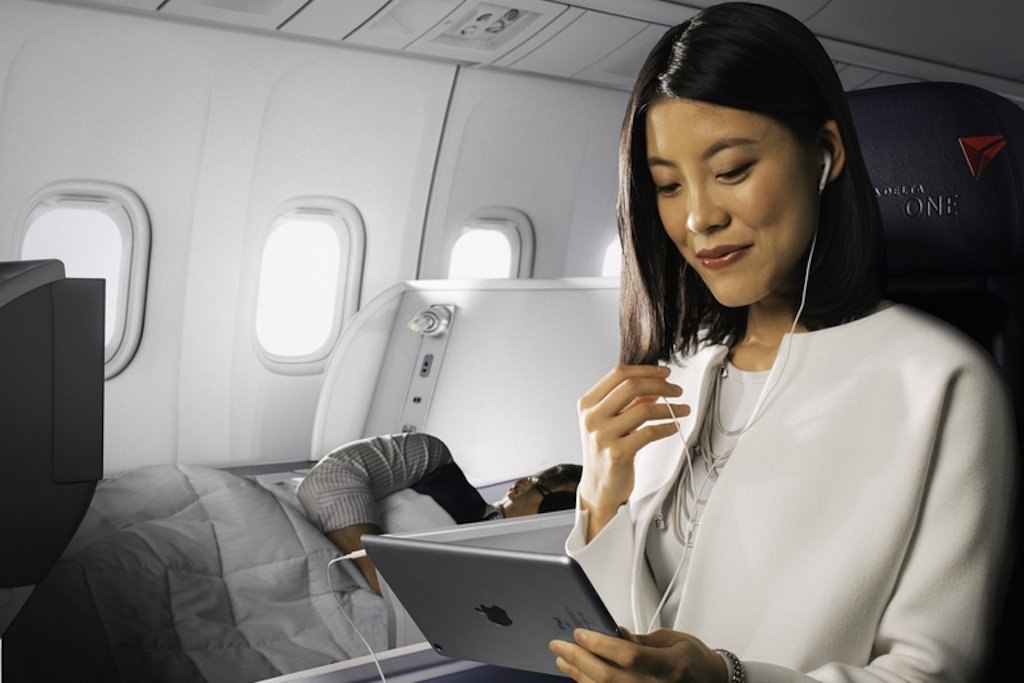
42% of APAC respondents are interested in making in-flight VoIP calls in the future
Getting away for a holiday overseas is always nice. But not everyone enjoys the flight. Many airlines are introducing new features to make the flying experience as joyful as possible. But how do people feel about these new features and what else needs to be done to improve the overall flying experience? YouGov’s latest survey on air travel can give airlines some idea.
APAC respondents see flight delays as the worst aspect of flying
When being asked about the worst aspects of flying, flight delays tops the list of APAC respondents and the high price of air travel comes second, with 57% and 40% of APAC respondents naming it as one of the three worst aspects of flying respectively. This is followed by uncomfortable seats, security risk and lack of legroom (with 38%, 35% and 26% of APAC respondents pick it as one of the three worst aspects respectively).
Over 60% of APAC respondents would be prepared to pay up to US$5 to access internet on planes
Although only 10% of APAC respondents say lack of connectivity is one of the three worst aspects of flying, many airlines are introducing internet access on flights so passengers can stay connected throughout the air journey. Almost one in five APAC respondents have tried in-flight internet access in the past and would like to do again in the future. And almost half of the APAC respondents haven’t tried in-flight internet access before but would consider doing so in the future.
This should be a good news to airlines as this advancement on planes seem to be very well receiving in APAC. However, budget is also a concern as the majority of APAC respondents (64%) would only prepare to pay up to USD5 to access in-flight internet services, while less than 30% are prepared to pay up to USD10.
2 in 5 APAC respondents like the idea of in-flight VoIP calls
To further improve connectivity on flight, some airlines are also proposing new service like making VoIP calls on flight. If in-flight VoIP call is available in the future, would APAC respondents like to try the service? Over 40% of APAC respondents express interest in making in-flight VoIP calls in the future. However, 65% of APAC respondents also think it is irritating to sit next to someone making a VoIP call on a flight. Because of this, almost 80% of APAC respondents think airlines should give passengers the option of sitting in different sections on planes where calls are and aren’t allowed – Perhaps airlines should consider doing so, then those who want to make in-flight VoIP calls will be free to do so on planes, while those who do not wish to do so will not be disturbed.
Filipinos show the most concern about security and technical issues arising from flying
However, despite these new advancements on planes, airlines should also address some other concerns of their customers. 47% of APAC respondents are very concerned about security issues (e.g. terrorism, bombing) during flying. Filipinos are the most concerned group in APAC, with 82% saying they are very concerned about the security issues. Interestingly, Chinese are the least concerned comparatively, with only 29% of China respondents saying they are very concerned about security issues. Technical issues are also seen as a problem among APAC respondents. 45% of APAC respondents say they are very concerned about technical issues (e.g. airplane malfunctioning) during flying. Respondents in Malaysia and the Philippines are most concerned about this (65% and 77%), while Hong Kong and Australia respondents are the least concerned (with only 23% and 25% of respondents say they are very concerned about technical issues on planes).
Data was collected from research amongst YouGov’s panelists and was weighted to be representative of online population. Sample size: Asia Pacific (n = 9,202; Australia: 1,005; China: 1,007; Hong Kong: 1,150; Indonesia: 895; Malaysia: 1,062; Philippines: 1,020; Singapore: 1,015; Thailand: 1,046; Vietnam: 1,002)